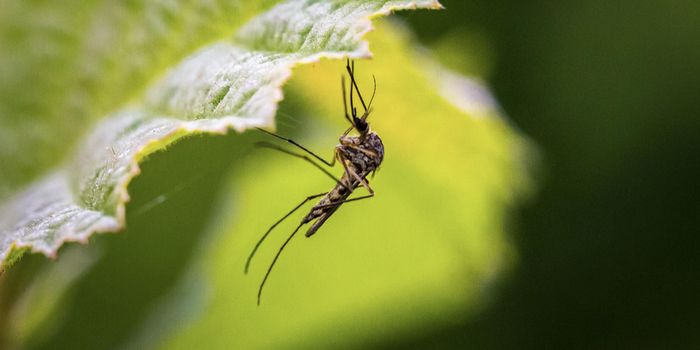Gut Bacteria & Acetate Combo Can Cut Fat & Retain Muscle
Obesity is considered a major public health epidemic that affects an estimated 600 million people or more around the world. The condition has been linked to an increased risk of some types of cancer; type 2 diabetes; and cardiovascular disease, which is still the number one cause of death worldwide. Even with the development of weight loss drugs like Ozempic and other GLP-1 agonists, and procedures such as bariatric surgery, many patients still cannot access these obesity treatments.
In new research reported in Cell Metabolism, scientists aimed to assess how a product of the gut microbiome could help treat obesity. The gut microbiome is thought to have a major effect on human health and physiology in a variety of ways, and gut microbes are crucial to the digestion of certain foods like fiber. Gut microbes modify and generate many molecules as they interact with foods we consume, and many of those microbial molecules have an effect on us, such as short chain fatty acids.
Acetate is one short chain fatty acid (SCFA), and research has indicated that it can be beneficial to human health, along with other SCFAs.
This group of researchers has previously developed a type of acetate supplement called AceCel, in which acetate is linked with cellulose to ensure that the acetate stays intact until it gets to the distal large intestine.
When the scientists exposed normal mice and a mouse model of obesity to AceCel, both types of mice lost weight but did not lose muscle mass. However, other SCFAs did not have this effect, only acetate.
Compared to mice that were not fed AceCel, the mice that were given AceCell created more energy by burning fat in the liver, and less from carbohydrate metabolism when the mice were at rest. These effects are similar to what might be seen during weight loss from different diets like keto, low-carb, or fasting.
The mice that ate AceCel were also found to carry more Bacteroides bacteria in their gut microbiome; this bacterial species is a common component of the human gut microbiome,
The investigators also fed AceCel to mice with various gut microbiomes. Some mice totally lacked a gut microbiome while others carried one of a few Bacteroides species
In mice with gut microbes, AceCel did not change body, liver, or fat mass. But for mice that carried any of three different Bacteroides species, the AceCel was beneficial. The researchers suggested that any weight loss effect from acetate thus requires the presence of Bacteroides gut microbes.
It seems that when Bacteroides is exposed to AceCel, more carbohydrates are fermented in the gut and less is available for the liver to store as glycogen. As sugar levels are lowered, the body starts to favor the production of energy from fat instead, and these effects promote weight loss.
"Our next step is to confirm the safety and efficacy of using acetylated cellulose to treat obesity in humans. If so, it could become an important ingredient in functional foods that prevent obesity," said senior study author Hiroshi Ohno of the RIKEN Center for Integrative Medical Sciences (IMS).
Sources: RIKEN, Cell Metabolism









